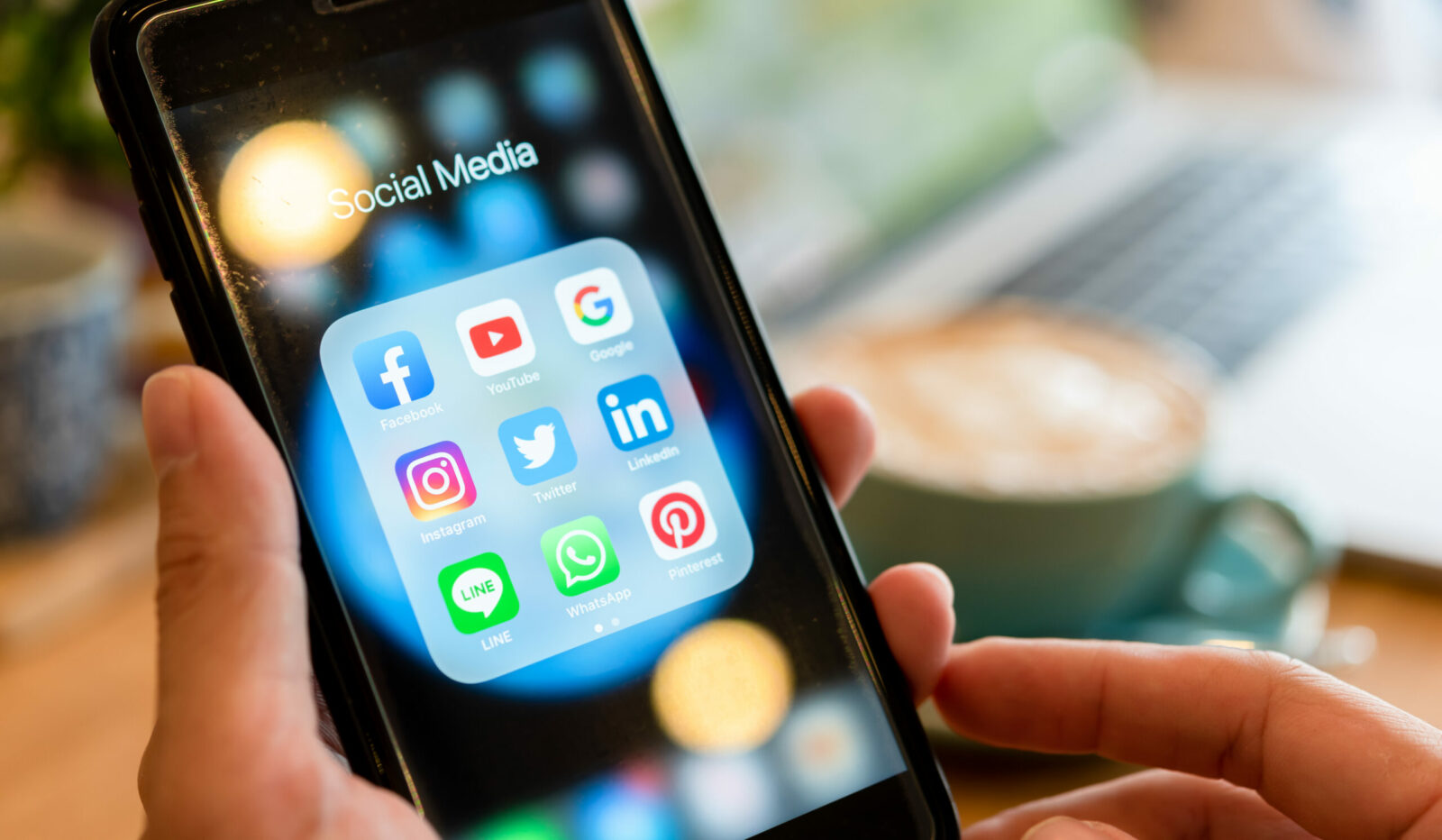Social networking seems to create a kind of “consumer jitters” in Gen Z and Millennials. At least that’s what recent research has shown.
The survey in question was conducted by Deloitte, an auditing and consulting firm. More than 22,000 people born between 1980 and 2010, in some 44 countries, were interviewed.
The most curious data obtained from the survey was that 43% of the respondents answered that social networks push them to buy more than they should.
Many of these people even report falling into debt because of this triggering compulsion.
This behavior is driven by advertising for clothing, accessories and other items used by influencers, as well as paid traffic, says Michelle Parmeli, Deloitte’s director of personnel and relations.
“This could be the result of seeing regular posts from friends or influencers offering luxury and holiday clothing, as well as targeted ads,” says Michelle.
“In these ways, social media can generate the desire to own more things and spend more money,” adds the executive.
Young people are increasingly running out of money for ‘luxuries’.
In contrast to the data gathered through this survey, other recent surveys have shown that Generation Z youth and Millennials do not have money to spend on a “treat for themselves.”
It turns out that due to inflation and the economic crisis caused by the Covid-19 pandemic, more and more young people are looking forward to getting second jobs to pay bills and plan to cut excess spending to better control finances.
In this sense, the influx of advertising and forced propaganda on social networks can be a vector of problems for those people who really need financial assistance.
That is because consumerism can be an outlet for stress as it exacerbates the financial damage young people are already facing.
The popular impulse buying also tends to create regret in the buyers, who may develop some sort of psychological problem in the medium or long term.
Sarah Foster, data analyst at Bankrate.com, spoke about how harmful advertising on social media can be. “they [os anúncios nas redes sociais] It can do more harm to our money than good to our lives.”
The best way out is to disconnect
The Deloitte study also shows that at least one in five Gen Z and Millennials spend more than four hours a day on social networking and streaming services.
This makes these people more vulnerable to advertising, and in addition, they begin to compare their own lives and current financial situation with the lives of influencers and other VIPs in the network, which is also harmful to mental health.
According to Brittany Harker Martin, Associate Professor of Leadership, Politics, and Governance at the University of Calgary in Canada, exposure to this content for a long time has a negative effect on the brain.
“Long sessions of social networking make our brain check and send neurochemical signals of frustration and failure,” the researcher said.
The effects Brittany noted can lead to psychological problems, such as anxiety and depression, for example.
Therefore, staying away from social networks for a longer period, and paying more attention to real life, can be a solution to many problems.

“Hardcore beer fanatic. Falls down a lot. Professional coffee fan. Music ninja.”






More Stories
Sabesp Receives Brazil Innovation Value Award 2024 • PortalR3
Total formal job creation reached 201.7 thousand in June, up 29.6% | Economy
10,000 Brazilian Reals are waiting for you at Nubank? Find out who can get this money!